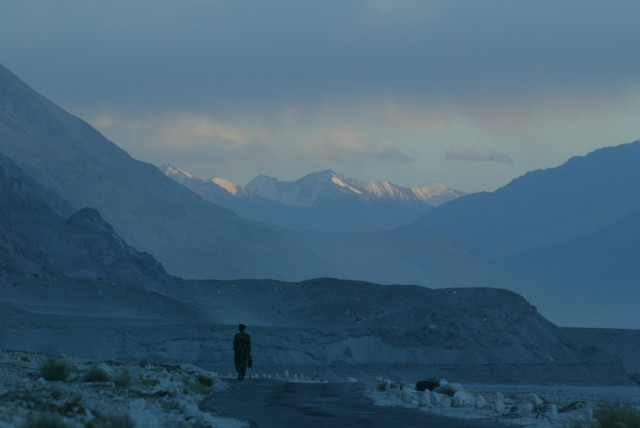Left in lurch: Tribesmen suffer in legal void
PHC suspended IGR which stripped administration officers of judicial powers, but no other authority put in place

Tribal areas. PHOTO: REUTERS
On October 30, PHC had suspended judicial powers of commissioners and deputy commissioners of tribal district which they were using under IGR tribal district.
The top court of the province had ordered also K-P government to submit report about extension of judiciary to tribal districts within one month.
However, the provincial government challenged PHC order in Supreme Court of Pakistan, maintaining that it needed more time to extend judiciary to merged district where no such system existed for centuries.
The erstwhile Federally Administererd Tribal Areas (Fata) were governed through FCR, a draconian law of British Raj based on principles of joint responsibility of the tribe for the crimes of its members, no right to appeal and the verdict of political agent was the final word in all issues.
The exit of such harsh law also stripped the tribal people of many other benefits they were enjoying and presently there was a state of confusion among them over the arrival of judiciary, police and patwaries in their area.
The Supreme Courts has yet to hear the petition of K-P government against PHC verdict. Meanwhile the tribesmen as well as the administrations of trial districts are facing hardships in dealing with their daily business in absence of criminal procedure.
Malak Gul Shah a local tribal elder of Lakaro tehsil told The Express Tribune that in absence of IGR the local people face hardships in dealing with their disputes.
“When FCR was in place, the administration had the authority to give verdict on the decision of tribal Jirga,” he said.
Once the FCR and the Jirga system were abolished, all such matters were decided under IGR.
He maintained that the Jirga(council of elders deciding a matter with consensus) was system of speedy justice, which was modified under IGR.
He said that ever since PHC annulled IGR the tibal people have no legal forum to settle their disputes, “there is no law to decide our matters.”
Another tribal elder Malak Younas Khan said that the legal void was such that there was no authority to complaint to.
People in tribal districts were reporting law and order issues and disputes with the district administration, now it has no legal power after PHC annulled IGR.
The gravity of the void can be considered by the fact that if a person was arrested, he would remain in jail waiting for the trial to start until Supreme Court decides what law will govern the tribal districts.
Zakir Ullah a stamp vendor in Mohmand district’s Ekka Ghund Bazaar told The Express Tribune that in past the district administrations were issuing court decree to correct any mistake in CNIC cards including change of age, name or address. However, PHC has taken this authority away from October 30, 2018 and no other authority has been designated as yet.
With majority of tribesmen working as labourers in Punjab and Karachi, they have to rush home for any corrections in CNICs, Zakir said. But many such people were appalled to know that the administration has no power to make correction in the document under law and their journey has gone waste.
A district administration officer in Mohmand, requesting anonymity, said that after the court order they have no judicial power and when people come to office they have no option to wait till further order, as in present they have no option to where to go.
Published in The Express Tribune, December 7th, 2018.













COMMENTS
Comments are moderated and generally will be posted if they are on-topic and not abusive.
For more information, please see our Comments FAQ